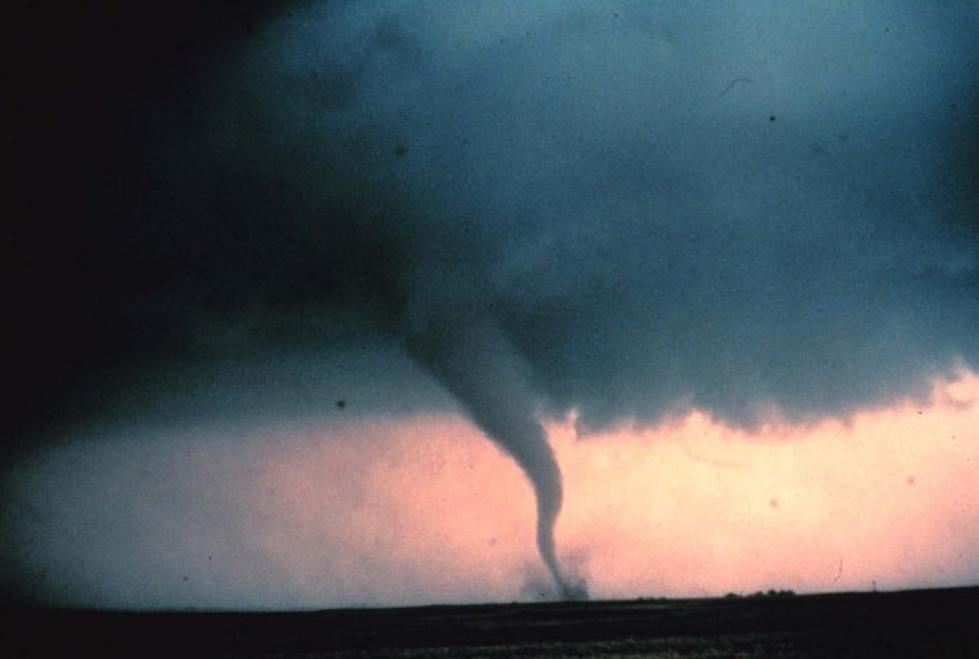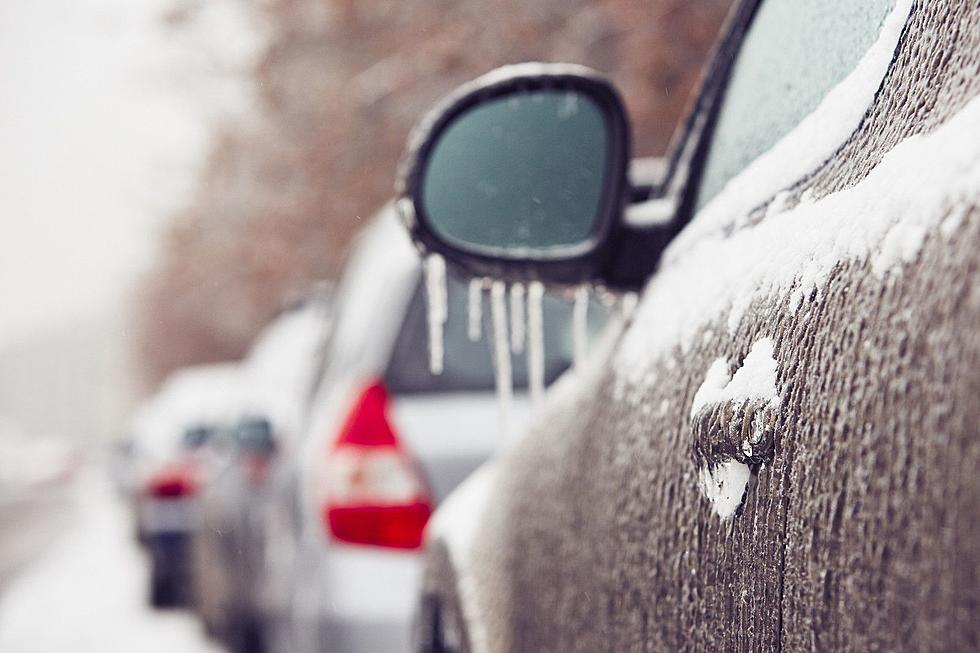
What To Do In A Tornado
After the shock of the recent and frequent Tornado Watches and Warnings in our listening area, we wanted to take a moment to remind you how to prepare and keep yourself safe during a Tornado.
If You're in a Building
- Make sure you have a portable radio, preferably a NOAA Weather Radio, for weather alerts and updates.
- Seek shelter in the lowest level of your home, such as a basement or storm cellar. If you don't have a basement, go to an inner hallway, a smaller inner room or a closet.
- Keep away from all windows and glass doorways.
- If you're in a building such as a church, hospital, school or office building, go to the innermost part of the building on the lowest floor. Do not use elevators because the power may fail, leaving you trapped.
- You can cushion yourself with a mattress, but don't cover yourself with one. Cover your head and eyes with a blanket or jacket to protect against flying debris and broken glass. Don't waste time moving mattresses around.
- Keep pets on a leash or in a crate or carrier.
- Stay inside until you're certain the storm has passed, as multiple tornadoes can emerge from the same storm.
- Do not leave a building to attempt to "escape" a tornado.
If You're Outside
- Try to get inside a building as quickly as possible and find a small, protected space away from windows.
- Avoid buildings with long-span roof areas such as a school gymnasium, arena or shopping mall, as these structures are usually supported only by outside walls. When hit by a tornado, buildings like these can collapse, because they cannot withstand the pressure of the storm.
- If you cannot find a place to go inside, crouch for protection next to a strong structure or lie flat in a ditch or other low-lying area. Cover your head and neck with your arms or a jacket, if you have one.
If You're in a Car
- If you can safely drive away from the tornado, do so.
- If there is a sturdy structure available, go inside.
- If no building is available, it might be better to pull over, stop the car (but leave it running so the air bags work), and crouch down below the windows. The airbags and frame of the car will offer some amount of protection, but certainly not absolute safety.
- A long-standing safety rule has been to get out of the car and into a ditch. If you do that, you should get far enough away from the car that it doesn’t tumble onto you. Being below the prevailing ground level may shield you from some of the tornado wind and flying debris, but there is still danger from those.
- Do NOT get out of a vehicle and climb up under the embankment of a bridge or overpass. This often increases your risk.
If You're in a Mobile Home
- Do not remain in a mobile home during a tornado. Even mobile homes equipped with tie-down systems cannot withstand the force of a tornado's winds.
- Heed all local watches and warnings, and leave your mobile home to seek shelter as quickly as possible before a tornado strikes, preferably in a nearby building with a basement.
- If no shelter is immediately available, find the lowest-lying area near you and lie down in it, covering your head with your hands.
- Make sure your family members know and understand the siren warning signals, if there is such a system in place in your area.
- Take photographs of your valuables and store them in a fire- and waterproof safe. Also use the safe to store important documents such as birth certificates, ownership documentation for cars and boats, Social Security cards, insurance policies and wills.
- Check your homeowner's insurance to confirm your coverage in case your home is damaged or destroyed. Tornadoes can be accompanied by heavy rains and flooding, which most homeowner's insurance policies do not cover. Check with your insurance agent or the National Flood Insurance Program for more information.
- Assemble a family disaster kit.
- Locate and mark where utility switches and valves are in your home so they can be turned off in an emergency if time allows.
- Depending on your location, you may be told to evacuate before a warning or even a watch is issued. Notify friends and/or family members who are unaffected by the storm of where you're going and why.
- Familiarize yourself with the emergency action plans at your school or workplace and identify the appropriate officials and emergency management agencies in your area, with contact information and phone numbers in case you need assistance after a storm.
- Make sure to charge your mobile phone, laptop and other mobile device batteries.
More From 107.7 WGNA

![See Albany’s 10 Biggest Snowfalls Of All-Time [RANKED]](http://townsquare.media/site/81/files/2022/02/attachment-gettyimages-1256366276.jpg?w=980&q=75)




![Capital Region Town Hit Hard by Storm, Was it a Tornado? [PHOTOS]](http://townsquare.media/site/79/files/2022/07/attachment-uprooted-tree.jpg?w=980&q=75)


